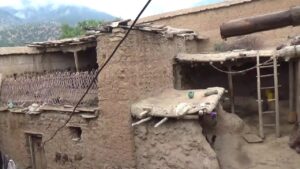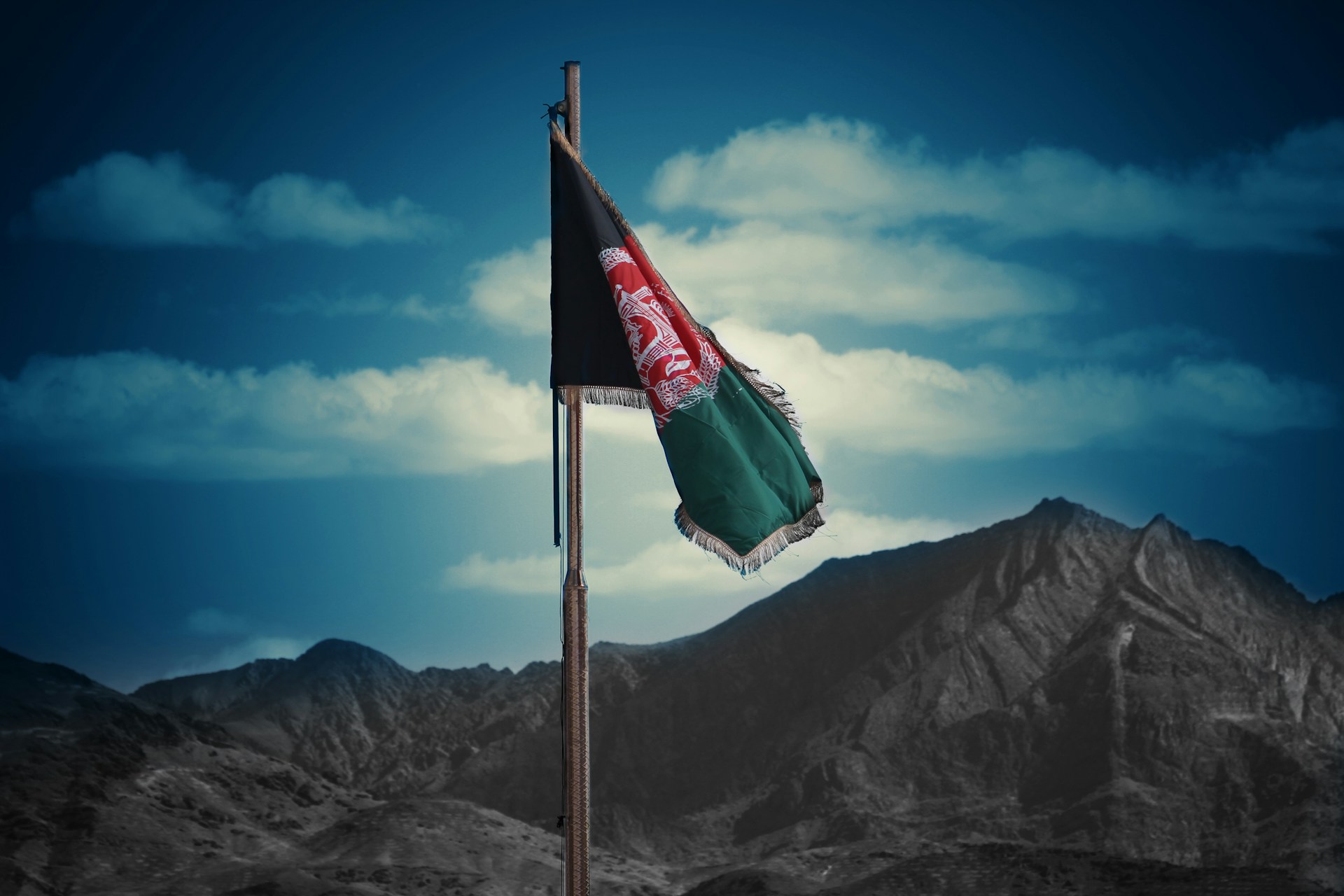In the quiet village of Wodisaar, nestled within the Sherzad district of Nangarhar province, life carries on in a muted rhythm. Children play among fields, and elders gather under ancient trees, but the scars of a violent past linger just beneath the surface. For one family, the memories of a single night eight years ago remain a raw and open wound—a night when bullets tore apart their lives and dreams.
That night, the Zero Two unit, an elite Afghan paramilitary force working in conjunction with foreign forces, stormed the home of Mida Gul, a staunch supporter of the Republic government of Afghanistan. It was a raid that left three innocent family members dead and shattered the fragile fabric of their existence.
The memory of that fateful evening is seared into the minds of those who lived through it. As the village lay cloaked in the stillness of night, a thunderous explosion broke the silence. The gates of Mida Gul’s home were blown apart by a bomb, throwing the household into chaos.
“We woke up to the sound of the blast,” recalls his father, Mia Noor Gul Baba. “They stormed into the house, dragging us outside and pointing guns at us.” His voice falters as he describes how the family was herded into a single room, with warnings not to move. “We were locked inside while my sons and grandson were left in another part of the house. We couldn’t do anything but wait and pray.”

Gunfire soon erupted, echoing through the night. When the family was finally allowed to leave the room, the grim reality awaited them. Mida, his brother, and his nephew lay lifeless, their bodies riddled with bullets.
“My son was innocent,” whispers Mia Noor, his eyes brimming with tears. “He was no fighter. He only wanted peace and a better future for his children.”
A Father’s Dreams, a Family’s Nightmare
Before his death, Mida Gul had been a man of vision and hope, carrying his voter ID card as a badge of honor in an area where such actions could invite fatal consequences. In the Taliban-dominated Sherzad district, obtaining a voter card was a dangerous act of defiance, yet Mida believed in the power of democracy and the promise of the Republic.

Shaista Gul, his eldest son, remembers his father’s unwavering commitment to education and peace. “He used to tell us that education was the key to a better future,” Shaista says. “He dreamed of seeing us become doctors, engineers—people who could make a difference.”
But those dreams were stolen in an instant.
At just nine years old, Shaista was injured in the blast that night. He vividly recalls the terror, the loss, and the confusion of being thrust into a role far beyond his years. “After my father was killed, I had to grow up quickly,” he says. “I started helping my grandfather with farming, collecting fodder for the animals, and trying to keep the family afloat.”

The years since the raid have been marked by relentless hardship for the family. Mida Gul’s death left behind two widows and ten children, all under the care of his elderly father, Mia Noor. With no government support and no breadwinner, they have struggled to make ends meet.
“Some local leaders claimed they secured government assistance for us,” says Mia Noor. “But we never saw a single penny. We were abandoned.”
Shaista, now a young man, speaks of the crushing weight of responsibility. “I work every day in the fields and do whatever I can to support my siblings and grandfather,” he says. “But no matter how hard I try, it feels like I’m stuck in a cycle I can’t escape.”
The financial strain is compounded by the emotional toll. “Every time I see schoolchildren in Jalalabad, I wonder what my life could have been if my father were still alive,” Shaista reflects. “He wanted so much for us. Now, I can only dream of what might have been.”
Justice Denied
Despite public acknowledgment of the victims’ innocence, accountability for the raid remains elusive. The Zero Two unit’s operations, often conducted with the support of foreign forces, were notorious for their lack of transparency and disregard for civilian lives.

“These incidents were not isolated,” says Nangarhar-based political analyst Sherzai Khalili. “Night raids like this one left a deep scar on Afghan society. Families were torn apart, and communities were destabilized. These actions must be documented and brought before international courts.”
While some foreign governments have admitted to war crimes in Afghanistan, including Australia and Canada, justice for victims like Mida Gul’s family remains a distant hope.
“We need the international community to step in,” pleads Mia Noor. “We don’t just want compensation—we want accountability.”
The raid on Wodisaar was not an isolated tragedy. Villagers recall that 15 people were killed that night, many of them farmers who had been working their fields. “They weren’t fighters,” says Wahid, a neighbor. “They were just villagers trying to survive.”
In the aftermath of the raid, the devastation was compounded by the arrival of ISIS fighters, who burned homes and further terrorized the community. “The foreign forces and ISIS broke us,” Wahid laments. “We’ve been left to pick up the pieces on our own.”
Despite the overwhelming challenges, the family clings to the values Mida instilled in them. “My father always told us to avoid hatred and conflict,” says Shaista. “He wanted us to live with harmony and love, even after all we’ve been through.”
As Afghanistan grapples with its turbulent present under Taliban rule, families like Mida’s represent both the pain of the past and the resilience needed to move forward. The villagers of Wodisaar continue to call for development and support, not just from the Taliban government but from the global community.
“We need schools, healthcare, and opportunities,” says Wahid. “Without them, the cycle of violence and poverty will never end.”
As the eighth anniversary of that tragic night approaches, the story of Mida Gul and his family serves as a somber reminder of the human cost of war. It is a call to remember those who paid the ultimate price for ideals they believed in and to demand justice for the countless others whose voices remain unheard.
For Shaista, the memory of his father’s dream provides a glimmer of hope in an otherwise bleak reality. “He believed in peace and education,” he says. “Maybe one day, we can honor his memory by building the future he always envisioned for us.”
But until then, the wounds of that night remain unhealed, and the family continues to bear the weight of a tragedy that should never have happened.
Views: 31












